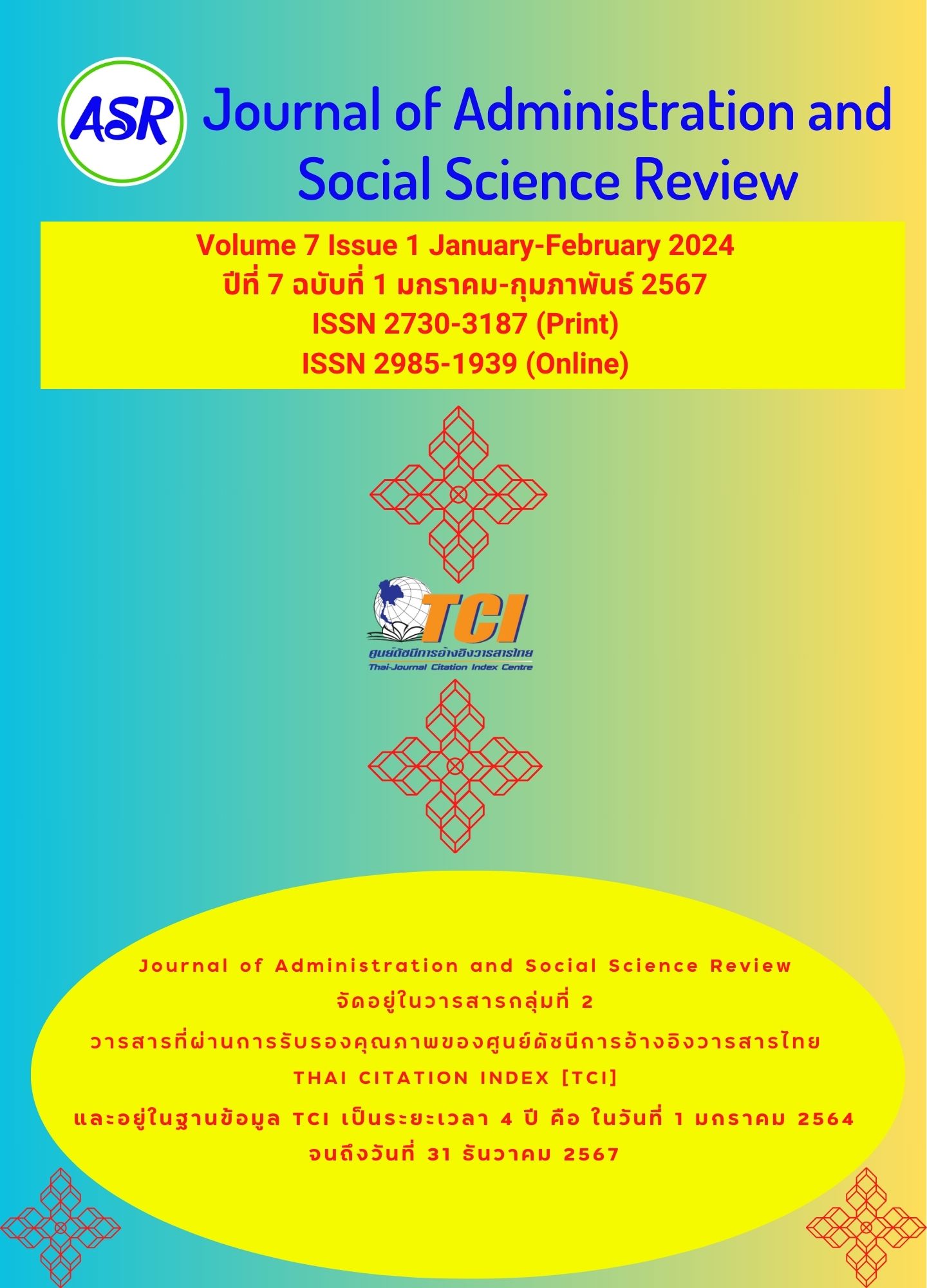Development of Nakhon Ratchasima Rajabhat University for a Learning University
Keywords:
development of university, university of learningAbstract
The research purposes were to study: (1) characteristics of being a learning organization of the university; (2) administrative factors of the organization that affecting the university's learning organization; (3) problems, obstacles affecting the university's learning organization, and guidelines for developing the university into a learning university. This research was a qualitative research. The key informants included administrators, professors, officials, and former personnel, a total of 41 people; it was a structured in-depth interview. The data were processed by the method of content analysis to create conclusions. The research findings were:
- The characteristics of being a learning organization, according to the five principles of discipline of Senge, were: a personal mastery, mental models, shared vision and team learning.
- The university learning culture was the factor that drove and supported the organizational members to learn, but it was also the factor that created obstacles to learning; the leadership factors including the president and administrators, were the main factors that influence driving the university towards becoming a learning university.
- The problems and obstacles were thinking systematically, because members of the organization still looked at it separately and lacked of integration and connection in work. The learning culture in some universities was influenced by past practices, rules, and values; therefore, these cultures prevented organizational members from thinking systematically.
- The development guidelines were that the university should manage and promote the skills of members in the organization to make systematic thinking concretely, promote a learning culture, and create new conceptual frameworks for members in the organization to accept and adapt to learn new things.



